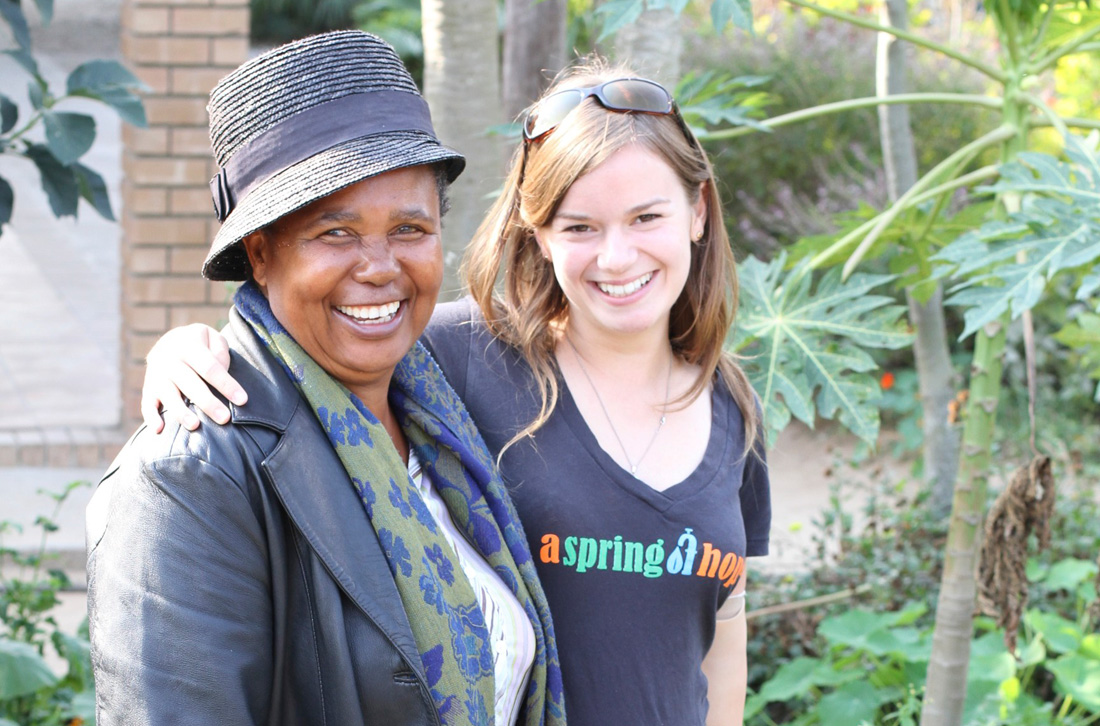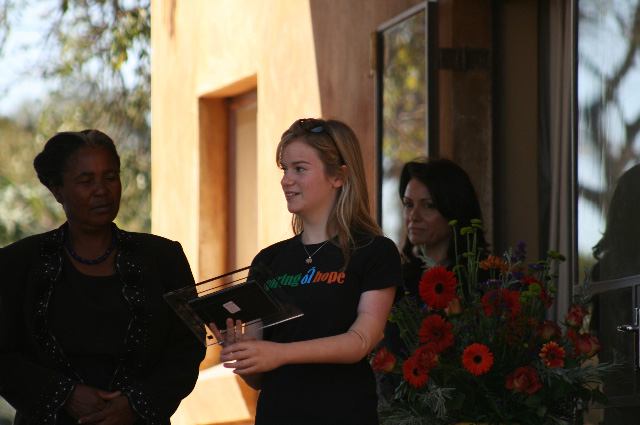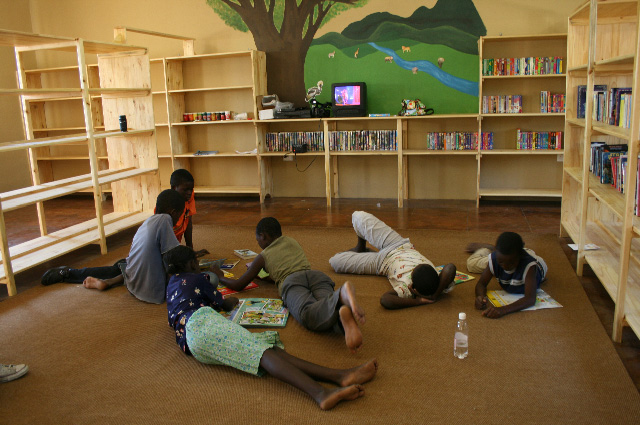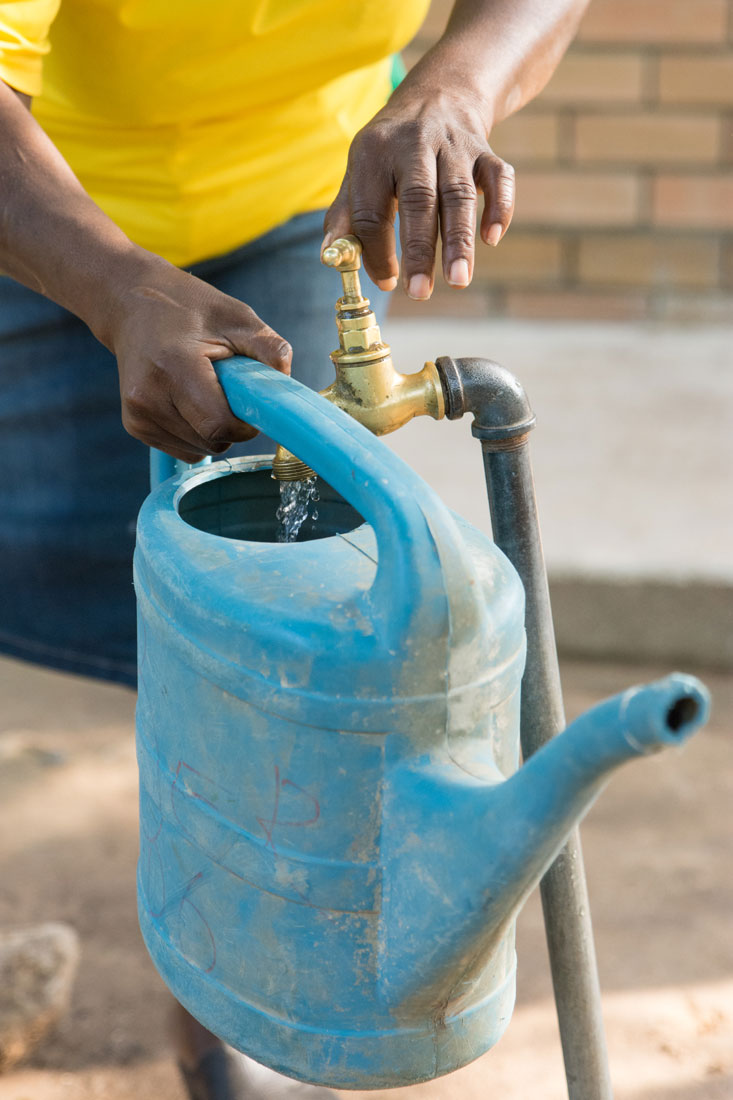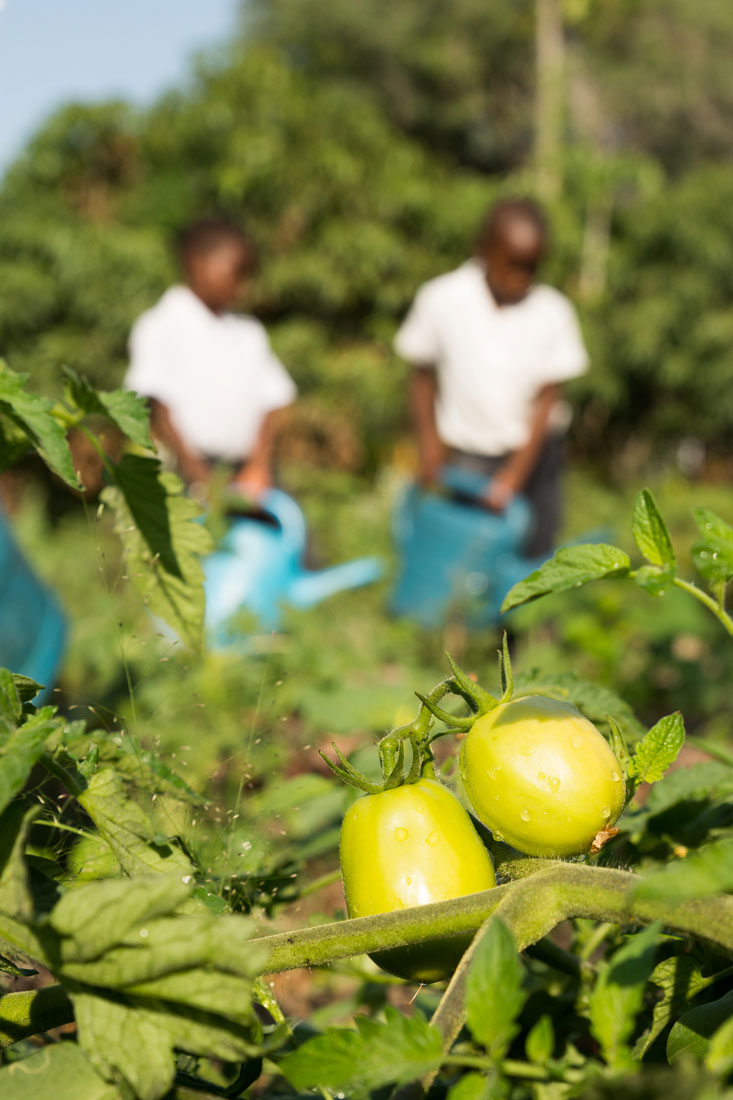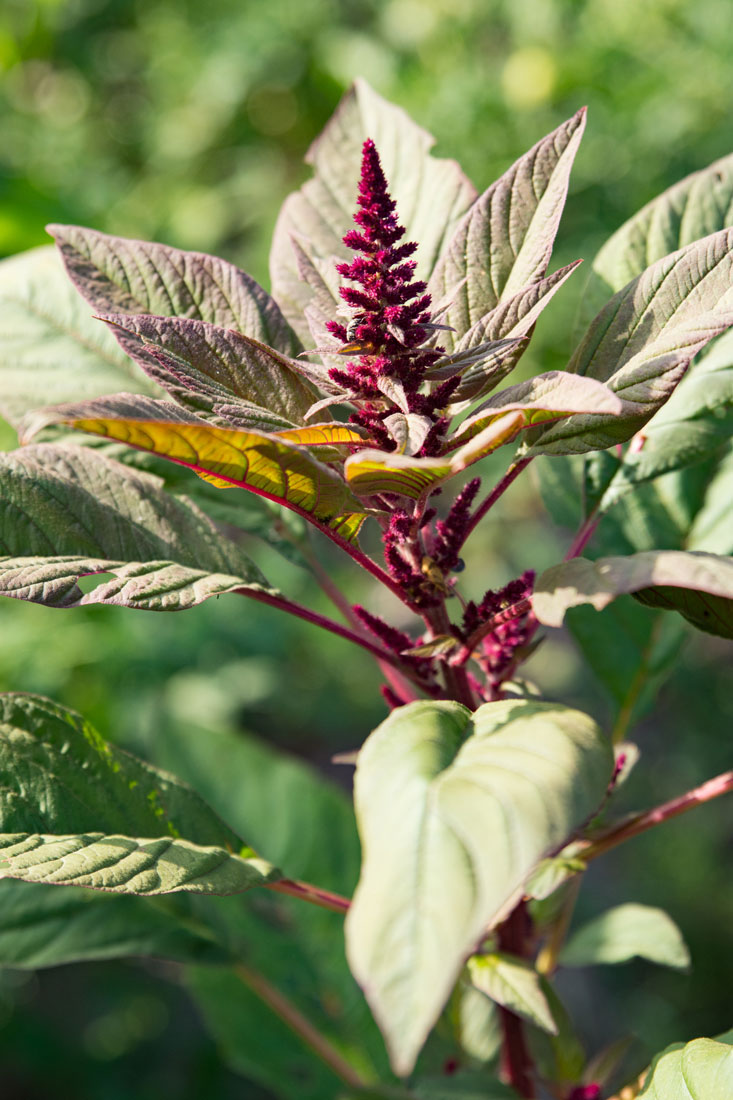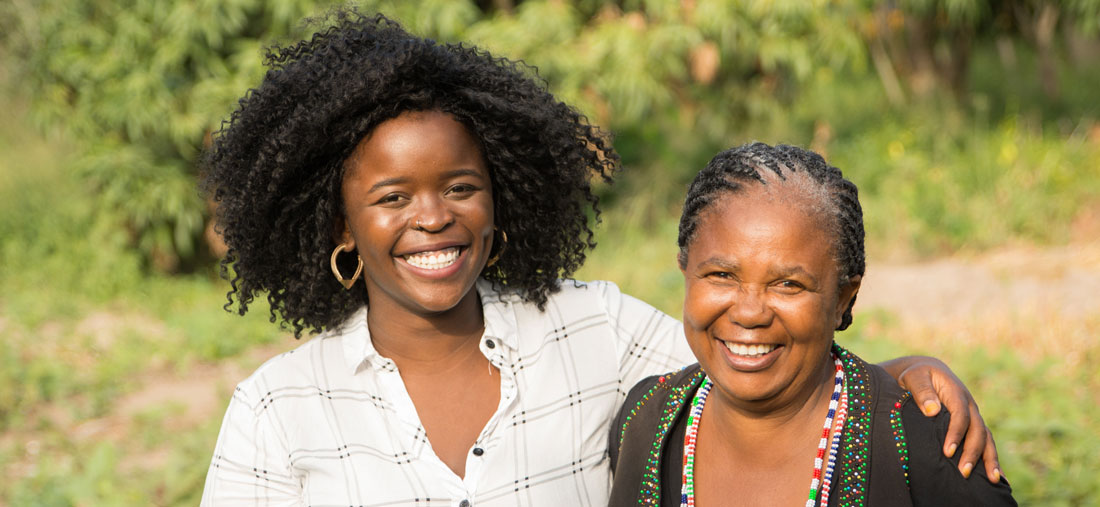
Leanette is an icon in the Limpopo region. We first met her in 2005, on our initial trip to South Africa. Incredibly hard-working and dedicated, she transformed Beretta Primary into a model of success using the water from the borehole we drilled in 2006. In 2016, we proudly added Leanette to A Spring of Hope’s staff as Permaculture Manager.
Can you provide some background on yourself – how many years in the community? At Beretta primary?
I came here in 1975, being married here, so at Beretta in 1985 when Beretta School started. And I was not working at Beretta but at Mugidi Primary School so my second manager requested me to come in and help my principal Lindiwe Ngwena.
How did you first become involved with A Spring of Hope?
A Spring of Hope came to our school in 2005 if I’m not mistaken. They just come in I wasn’t knowing them. They came with a guy called Brandon. They said they’re coming there, they want to see our kids and everything and so I welcome them. So Joanne said to me, “What do you want?” I said to her that if you can drill water, our lives in this area can be better. So she promised to do so but later she came back and drilled water and I promised her that if we can drill water to our school we can make this school better and also our community will be better. So I say to her that we want to plant a vegetable garden and other stuff so she said to us that she will provide everything to us. So from there is where we know each other and they were there you know we had a lot of orphans and she was busy making sure that those orphans are getting something – clothes, food, and everything – and take care of them. So is where we came across we know each other from that time.
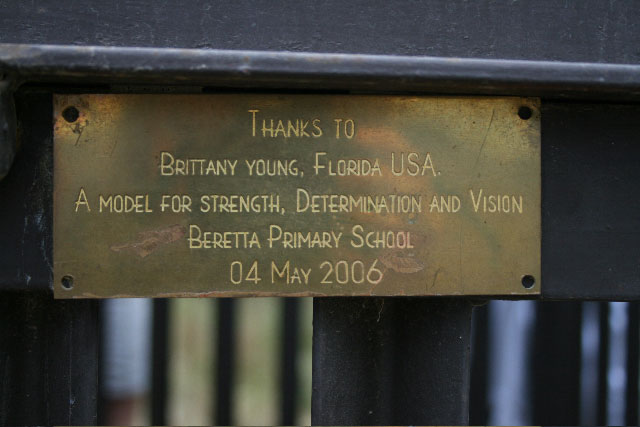
Can you tell me what the conditions were like at Beretta prior to that?
We were having some challenges before A Spring of Hope came in. One, there was no water. Two, there were a lot of vulnerable kids and orphans. Three, and also our community. We were there was no water, nothing, and you know it was so difficult to go to school. You know most of the time kids used to come alone with a bottle of water and in the morning drink everything and they were not having anything, especially toilets and other stuff. So Joanne come in and helped up a lot. There was nothing. You know, our school was so naked. No trees, nothing. But after Joanne come in things have changed.
Do you see any changes to the surrounding community since the school got water?
You know since Joanne came in and given us water we started to teach the community. We just invited the community to come to our school and we teach them how to start the backyard garden. Also the learners – we taught the learners and when they go home they have to do something with their parents. We also invite communities to come and see what is the use of water, how can we save water, especially using the permaculture method because it’s simple and it helps us a lot. It’s where our communities start to be involved in our school and also to help them how to start their new garden and everything using the permaculture method. It’s according to permaculture method we mustn’t waste any, any water, even a drop of water you are not supposed to waste it. So we teach them and they know what to do now.
What is the biggest problem you see with how lack of water affects the students?
The biggest challenge is that you don’t have water, even the health of our community or our kids is not good because you have to wash yourself or when you are coming from the toilet you have to wash your hands and other stuff. And even at school the problem was that once you want to water the garden or you want to cook some food if there was no water, that’s also a big challenge. Going to the toilet was a problem, cooking was a problem, taking the water to the garden was a problem.
Recently Beretta received an upgrade on the toilets. Can you talk about your experience with how problematic poor sanitation is at the schools?
The problem that we have is that we do have a lot of kids in our school and those toilets was not good to us but now because they are just in I can see that there is something going to happen and also kids now, yet, you know, I don’t know how to say it. Those toilets are good to our kids. It does need to be more because our kids are so many. But up to so far, we can see that it’s a great improvement compared to other types, because now we do have the so-called Enviroloos, and it doesn’t waste any water. It’s just a natural thing. That’s why we are happy about those toilets, if they can add more we can do more.
Are there any success stories? For instance, children who went on from Beretta and fulfilled their dreams of higher education at university and pursued careers which have wider benefit in the region?
Yeah, there are. We do have a lot of children who are from Beretta School. We do have doctors, nurses, teachers. Some are already back to work at Beretta. Most of them who are working now are from that school, so we do, we have succeeded in many things, especially career guidance and other stuff.
You recently became the permaculture manager for ASoH. Can you talk about this new role and what it means for you?
I don’t know how to say it. I’m so happy. And I don’t have any any stress to work with A Spring of Hope, because I know that once you are chosen to do something you have to do at your levelest best. I’m happy because those things that I am busy with I have done it a long time, I was teaching many students to do permaculture, even the communities and all I can say, the whole of South Africa. I was doing that, especially when it came to permaculture because I used to go to competition where I won many trophies and you know, permaculture – this new job – I am enjoying it because now I am going far, seeing many people in different areas, in different places and helping them. It’s what I want, it really, I’m so happy and I can see that there’s life there.
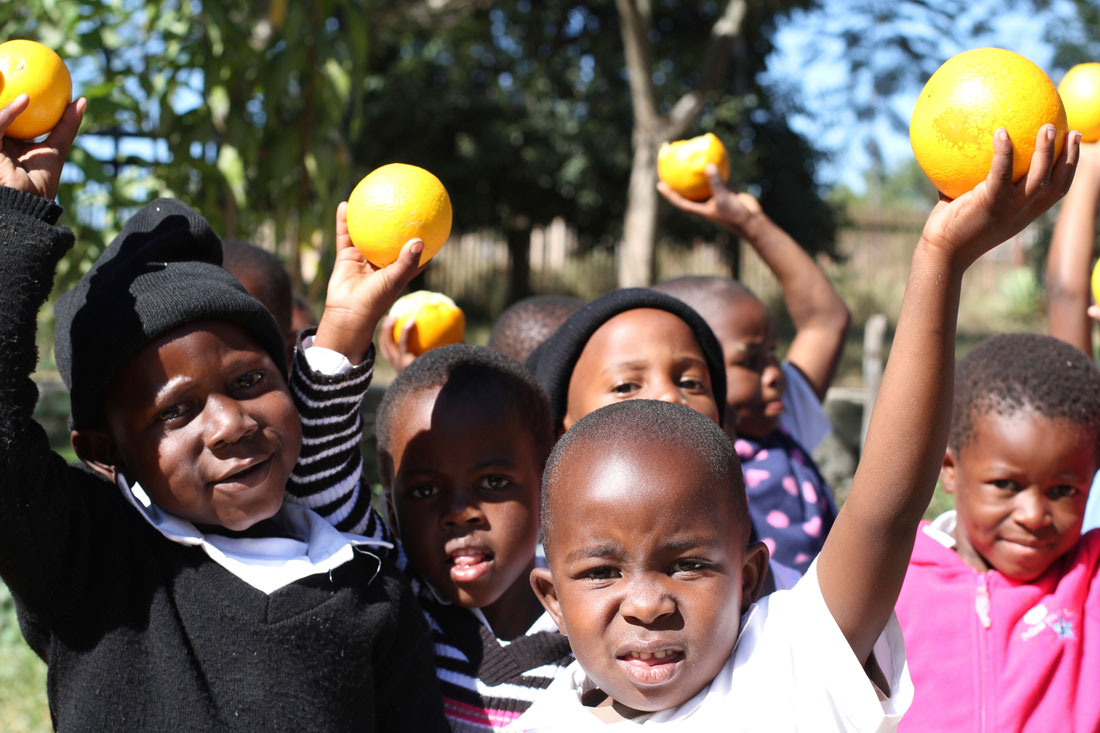
Explain how permaculture principles will be used at ASoH partner schools.
The principles is that the main thing is that working together as one thing. That’s the principle. Working with other people. Sharing knowledge with other people. You know, sharing information is the principle that we are using. That’s why you can see now you are in South Africa, but now, things from overseas are coming to us and we are sharing that information. That is the main principle that we are using. Permaculture have the so-called Ubuntu – working together with other people – loving them, that’s why because Joanne manage to love us, today we are just like other people in the world because of her. That is the principle, knowing each other, sharing information, sharing the resources that we have. That is the main importance.
What kind of impact do the permaculture gardens have on the surrounding communities?
Now the impact that we are having is that we want to work with the whole community and also to see that those people who are not knowing anything, we have to teach them. And also to monitor them so that they can do more like other countries.
What are your goals for the future in this new role?
The main, main thing that I want to achieve is that I want to see our country to be like other countries, using the permaculture method that we know, so that we can get healthy. Healthy lives are coming from permaculture because we are using organic things, natural resources, that is our main, main, main, main aim and also to see all the schools in South Africa and other countries using this permaculture method so that we can have healthy mind, healthy body, healthy body, healthy mind, and healthy future for the next coming generation – ones who we teach now – the next generation must get something from already what we have.
